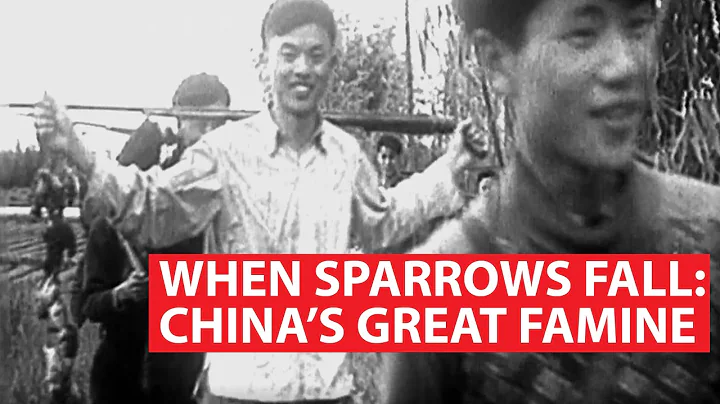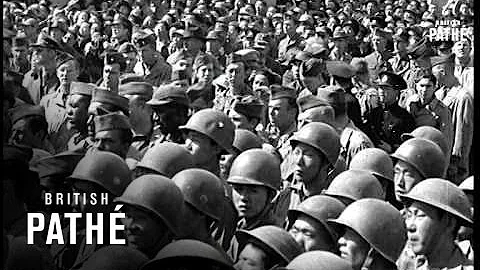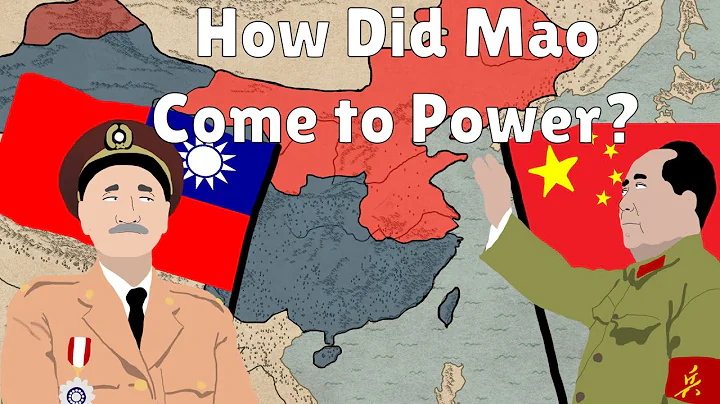Han Xin, who was regarded as the "Soldier Immortal" by later generations, was bullied by gangsters in his hometown and endured humiliation. However, when he returned to his hometown as Huaiyin Marquis , the gangster from back then quickly apologized to him, but Han Xin laughed it off and stopped pursuing it. The story we are going to tell today is similar to Han Xin’s experience.

Liang Xingchu was born in 1913 in a poor handicraft family in Ji'an City, Jiangxi Province. When he was 12 years old, his parents sent him to a blacksmith's house in the same city as an apprentice. In those days, being an apprentice was actually no different than being a servant. Being a servant will at least give you a salary, but being an apprentice means that all the dirtiest and most tiring work in the master's house has to be done by the apprentice, and there is no reward. The young Liang Xingchu was often beaten and scolded by his master and his wife. He also had to carry heavy iron tools to sell for money. When he got home, he could only pick up leftovers to eat, which was extremely humiliating.
However, it was the painful childhood experience that created Liang Xingchu's perseverance. In 1930, Liang Xingchu met the Workers' and Peasants' Red Army stationed in Jinggangshan, China, and immediately joined the team. In November of the same year, he joined the party and became a member of the cause of liberating the people and national independence. However, his bumpy military career had just begun.

Only six months after joining the army, Liang Xingchu was appointed as a combat instructor by his superiors because of his bravery in combat. However, he disdained this position. In his eyes, if he was not allowed to fight, he would be looked down upon. He would rather endure hardships on the front line than command from behind. . At his strong request, the organization had no choice but to let him become the deputy company commander.
This was obviously a downgrade, but Liang Xingchu was happy because he could charge forward again. However, the good times did not last long. During a battle, he was shot through the thigh by an enemy bullet. Fortunately, no bones were injured, and he returned to the battlefield after a simple bandage. However, Liang Xingchu didn't know at this time that this injury was nothing compared to the threats he would face later.

During the Battle of Huangpi, Liang Xingchu was shot through the lower jaw by a bullet and flew out from the back of his head. Even though he was so seriously injured, he still directed the soldiers to move until he passed out.
Liang Xingchu, who was carried off the battlefield, had been in a coma. Given the medical conditions of the Red Army at that time, it was impossible to treat him. The soldiers could only buy a coffin to send the company commander. However, Liang Xingchu, who had been lying in bed for three days and three nights during the "morgue", miraculously woke up. Even the doctors were amazed.

Later, Liang Xingchu was seriously injured three times on the battlefield, but miraculously survived each time. He said to people: "I am a person who doesn't even dare to accept me." After experiencing a series of injuries, Liang Xingchu seemed to have changed. In the Battle of Xiangjiang, in which nearly 50,000 people were sacrificed, more than half of the Red Army soldiers were lost in this battle alone. However, Liang Xingchu remained unscathed.
Later, in the Black Mountain battlefield of the Liaoshen Campaign in 1948, Liang Xingchu still set up his command post on the front line as in previous battles. While he was eating that day, a piece of shrapnel flew over and shattered his job. If it happened again, Any deviation would have hit Liang Xingchu on the head, but he calmly picked out the broken porcelain and shrapnel with chopsticks and continued eating. Someone advised him to move the command post back a little, so he got angry: "If I don't move back, who dares to move back!"

After the founding of New China, this man who even the Lord of Hell did not dare to accept was sent to North Korea again On the battlefield, Liang Xingchu became the commander of the 38th Army. Under his leadership, the Chinese Volunteer Army won a tragic victory in the Battle of Songgufeng. Later, the writer Wei Wei wrote the famous article " Who is the Cutest Person " based on the experience of the 38th Army.
In 1955, Liang Xingchu was awarded the rank of lieutenant general by the organization. In 1962, Liang Xingchu, who had been fighting all his life, returned to his hometown in Jiangxi. The villagers heard that the "General" was back and rushed to watch. However, the blacksmith who had exploited him had passed away long ago. Only his wife heard that Liang Xingchu was back. After that, he quickly fled with his son to another place to avoid the limelight, and asked someone to bring 30 yuan to Liang Xingchu, saying that this was the wages owed to him that year.

When Liang Xingchu learned that he quickly took the mother and son back, he said that he had been educated by the Communist Party and would not be held accountable, so there was no need to be afraid. Liang Xingchu's magnanimity won unanimous praise and support from the villagers.





















